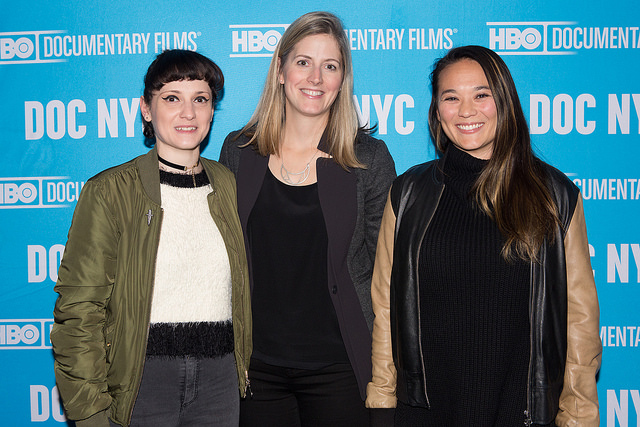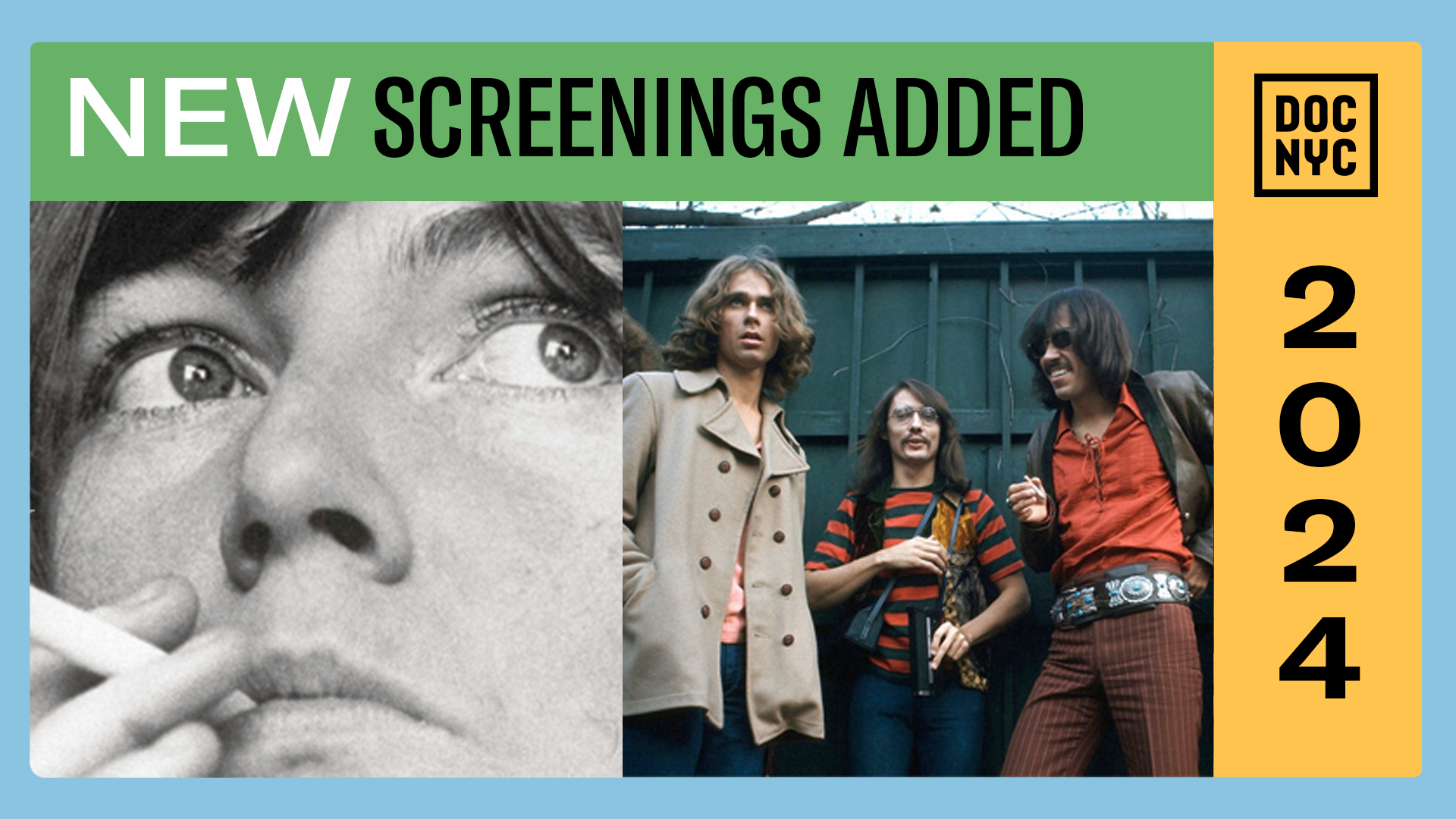Telling the Story of a Storyteller Looking past tragedy and into the heart and soul of a journalist on the front lines


Written by Whitney Marin
James Foley, or Jim as he was best known, was a brother, a son and a friend. Like many of us, Jim tried to find his way in the world, as a teacher, as a writer and ultimately as a journalist. His last approach would take him to the Middle East, on the front lines of one the most contentious global conflicts in modern history. In 2011 Foley was captured and later released in Libya and in 2012 he was captured in Syria, never to be released.
With Jim: The James Foley Story, director Brian Oakes crafted an intimate portrait of Foley’s life and an account of time he spent as a prisoner of war. The film is partially narrated by Foley and incorporates interviews with his family, friends, fellow journalists and fellow captors. Artistically done, the filmmaker and his team took on the responsibility of honoring the life of a courageous journalist and to Oakes, a dear childhood friend.
“After his death we didn’t want to have the image of the orange jumpsuit be how they defined Jim, the journalist that was killed by ISIS,” says co-writer Heather MacDonald who also shared childhood memories with Jim. “We wanted to tell his story in an objective way. We want to continue sharing the stories that Jim worked so hard in the field to tell.”
DOC NYC presented the film on Sunday, November 13th as a part of the fests’ 2016 Short List program. It premiered at the 2016 Sundance Film Festival, winning the Audience Award. The documentary is Oakes’ feature-film directorial debut.
“People have approached me and said ‘I really didn’t want to see this film. I didn’t want to see it. I was pretty sure I knew what it was going to be and I was not interested… and I’m so glad I did,’” shares MacDonald. “It’s been really reassuring to hear that response.”
She explains that Oakes was very clear that this wasn’t going to be a political film. “Jim was very human to me. He was not a symbol of anything. In his death, our immediate response was that he was going to be politicized and represent as something that he wasn’t in truth,” she said. “So our instincts were to tell a story about the person that we knew and loved without trying to be too biased about it. Certainly Jim had flaws but hopefully you see the story of a person. Jim struggled with his path and what he wanted to pursue. The irony is that we felt like he ultimately found his voice through telling the stories of others.”
Whitney Marin is a freelance writer, associate producer at Tru Films, video encoder at WNET, and documentary film enthusiast. She is a contributor to the DOC NYC blog. In her spare time you can catch her writing a limited web series.


